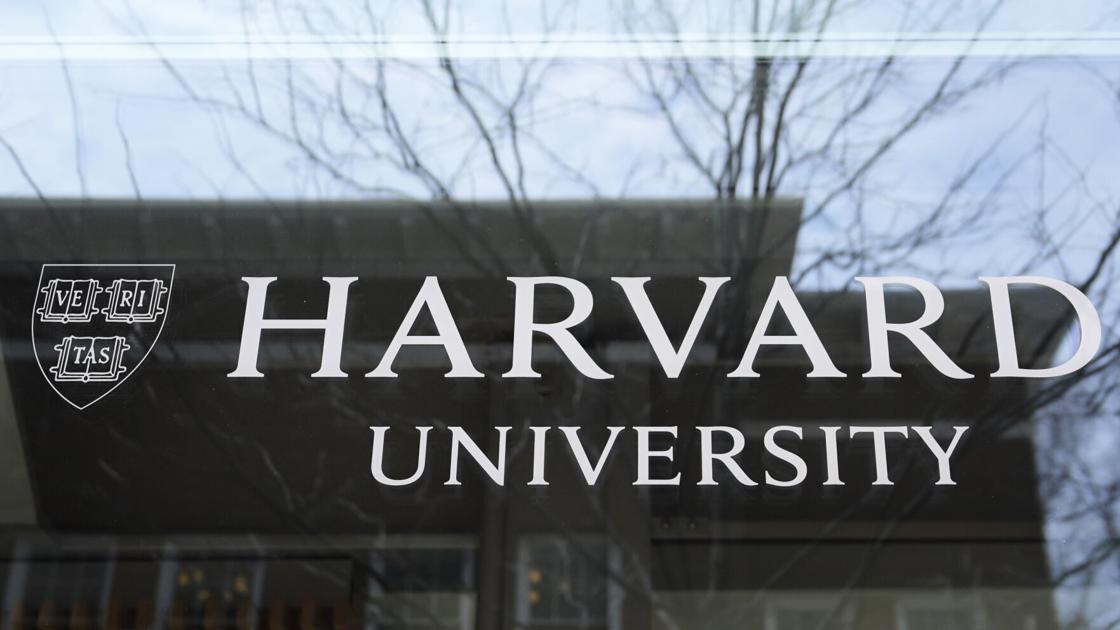The White House on Friday, May 30, 2025, implemented a new directive mandating that all U.S. consulates globally, conduct in-depth social media screenings for every individual applying for a visa to travel to Harvard University.
According to a State Department cable signed by Secretary of State Marco Rubio and dated Friday, obtained by The Guardian, this policy takes immediate effect.
Also, it applies to all categories of Harvard-bound travelers, including students, faculty, staff, guest speakers, and other visitors.
This initiative represents an unprecedented move to single out a specific American academic institution.
It is also described as a pilot program that could be extended to other universities in the future.
The initiative aligns with the administration’s broader effort to tighten immigration and visa policies.
It also comes amid growing tensions with elite universities over allegations of campus antisemitism.
The policy follows attempts to halt visa processing for foreign students more broadly.
Under the new guidance, consular officers are required to delay visa approvals for any applicant travelling to Harvard.
This is until specialized fraud prevention teams complete a “comprehensive and thorough vetting” of the applicant’s online activities.
This includes a full review of public and private social media accounts.
A limited online presence or restricted privacy settings may be flagged as “potentially evasive” and used to challenge the applicant’s credibility or intent.
The cable explicitly links the screening policy to concerns that Harvard has not sufficiently addressed antisemitism and violence on campus.
Citing information from the Department of Homeland Security (DHS), the document claims that the university has failed to maintain a safe and inclusive academic environment.
It asserts that the purpose of the policy is to prevent individuals with a “history of antisemitic harassment or violence” from entering the U.S.
This new requirement builds on President Trump’s executive order on antisemitism, signed in January.
The order framed antisemitic activity on U.S. campuses as part of a broader wave of discrimination and violence.
That order referenced the Hamas attacks on Israel on October 7, 2023, and the subsequent conflict in Gaza.
This has resulted in over 50,000 deaths, according to various estimates.
The administration claims these events have fueled increased antisemitic sentiment, particularly in academic environments.
Previously, enhanced screening efforts had primarily focused on students returning to U.S. campuses after participating in pro-Palestinian protests.
Since March, State Department staff have been instructed to review the social media activity of such individuals and archive screenshots of posts deemed “potentially derogatory” for permanent records.
Rubio, in recent testimony before the Senate, revealed that his department has already revoked visas for likely thousands of students, up from over 300 reported in March.
These intensified measures have raised concerns within the higher education sector.
Harvard, along with other elite universities, is already facing reduced international enrollment and increased political scrutiny.
In recent months, the Trump administration has:
- removed billions in federal research funding from Harvard,
- launched legal challenges against the university, and even temporarily blocked its ability to admit foreign students.
That last move was overturned by a federal judge.
The new directive could further complicate international student processing.
With over 1 million foreign students currently studying in the U.S., according to the Association of International Educators (NAFSA), universities fear the fallout could be significant.
The foreign students collectively contribute an estimated $43.8 billion to the American economy and support more than 378,000 jobs.
The added bureaucracy may deter applicants, slow down visa processing times, and create diplomatic friction.
The cable suggests this pilot initiative at Harvard is only the beginning.
It states that similar enhanced screening protocols “will be expanded over time” and may be applied to other visa applicants “as appropriate.”
The State Department has not commented on the directive publicly.
The policy reflects a growing effort by the Trump administration to:
- reassert control over the visa system,
- reframe academic institutions as national security concerns, and,
- hold universities accountable for perceived social and political shortcomings.
As the debate continues, the implications for academic freedom, international education, and U.S. diplomatic relations remain uncertain.



